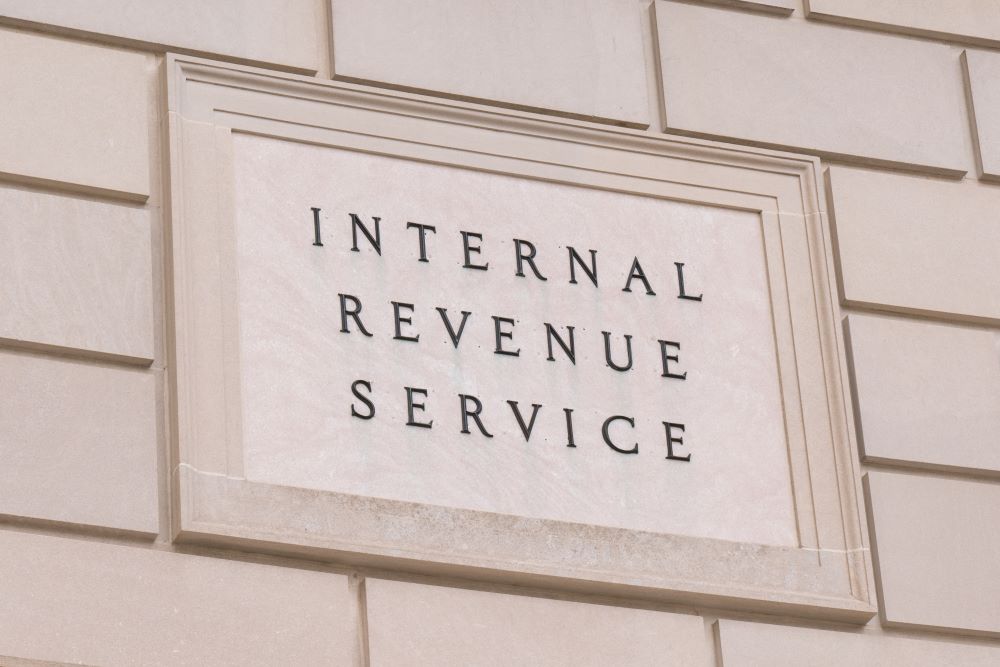IRS Updates ERC Income Tax Guidance

Earlier this month, the IRS provided new guidance on income tax issues through an update to the Employee Retention Credit (ERC) Frequently Asked Questions section. Included in the update was information on when to report income and timing considerations for the 2021 tax year. Specifically, it confirms that the amount of the ERC refund reduces the amount of wage expense on the income tax return for the year qualified wages were paid or incurred. Since taxpayers are not allowed to deduct an expense if there is a reasonable expectation of reimbursement, many did not reduce wage expense. The details of the recent update provide directions to both those that didn’t reduce wage expense and received credit and those that did reduce wage expense but were denied the credit. To help clients, prospects, and others, Klatzkin has provided a summary of the key details below.
Scenario 1 – Claimed ERC Without Wage Deductions
Businesses will need to address the overstated wage expense. The guidance clarifies it is not necessary to file an amended return to address the overstated amount. Rather, this amount can be included as gross income in the year the ETC refund was received.
For example, a business claimed an ERC amount of $800 based on $1000 of qualified wages paid in 2021 but did not reduce wage expenses on the 2021 return. The IRS paid the ERC claim to the company in 2024. This means the company received the ERC benefit but needs to resolve its overstated wage expense on the income tax return.
In this situation there is no need to file an amended return for 2021. Rather, the issue should be resolved by including the $800 in gross income on the 2024 return. It’s important to note that if wages were capitalized, then other adjustments may need to be made such as a reduced basis for capitalized wages.
Scenario 2 – Reduced Wage Expense but ERC Disallowed
To resolve this situation, in the year the claim disallowance is final, a business can increase wage expenses on the tax return by the same amount it was reduced when the claim was made. Taxpayers are not required to file a protective claim for a refund to deduct wage expenses for the year the ERC was claimed.
For example, a business claimed the ERC for 2021 and reduced the wage expense on the income tax return for that year because it expected the credit would be paid. However, in 2024, the IRS disallowed the company’s ERC claim. If the business does not challenge the denial, then the disallowance is final.
In this situation, there is no need to file an amended return for 2021. Rather, it can be addressed on the 2024 return by increasing the wage expense by the amount of the previously reduced wages on the 2021 return. This change makes it easier for taxpayers because there is no longer a need to file a protective claim for years where the time to file an amended return is coming to an end.
Contact Us
The income tax issues related to ERC claims can be complicated. However, the recent updates make it much easier to resolve issues without having to file an amended return or protective claims. If you have questions about the information outlined above or need assistance with an ERC related tax issue, Klatzkin can help. For additional information call 609-890-9189 or click here to contact us. We look forward to speaking with you soon.
